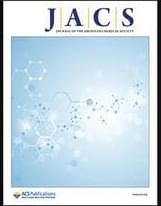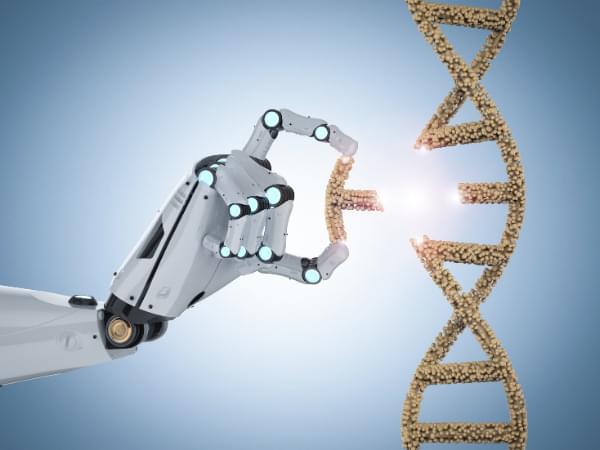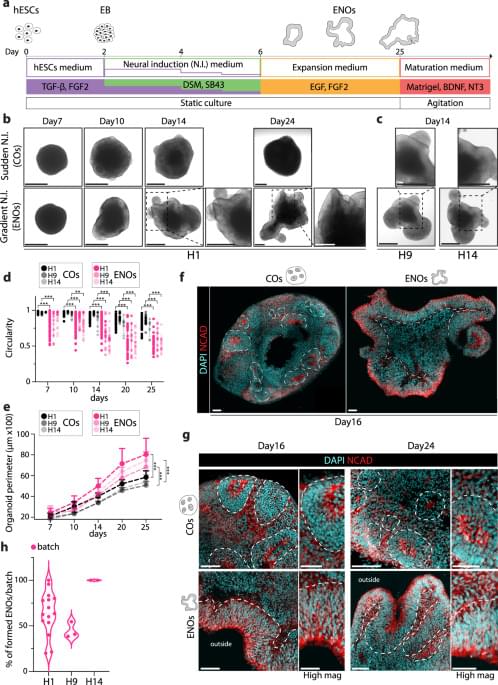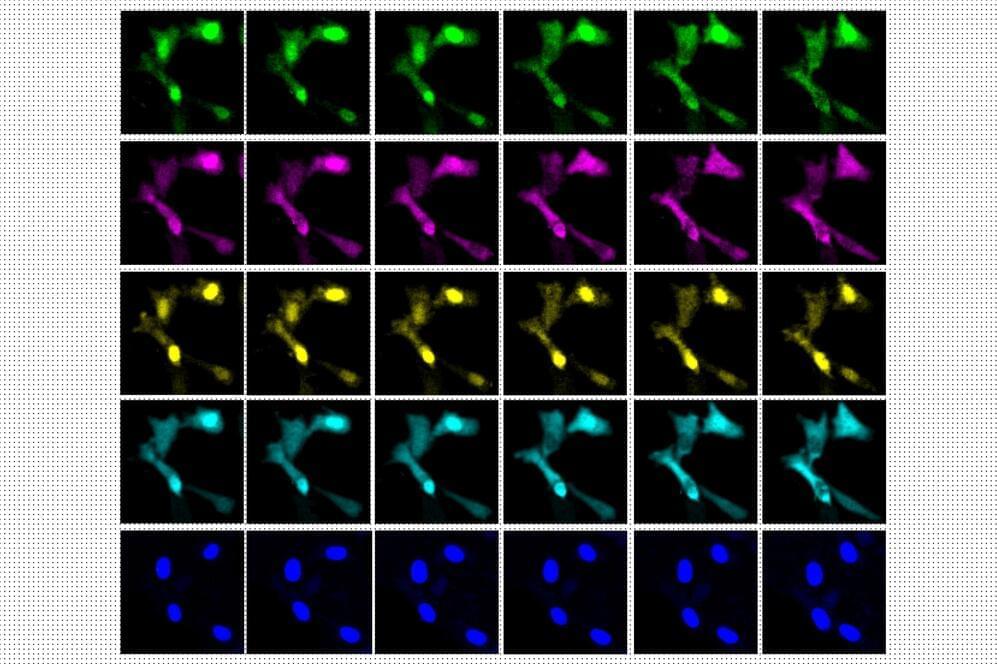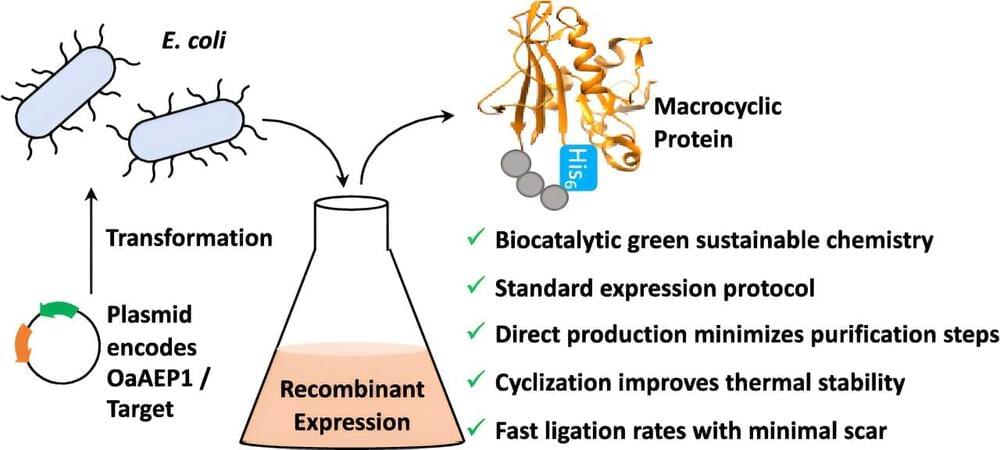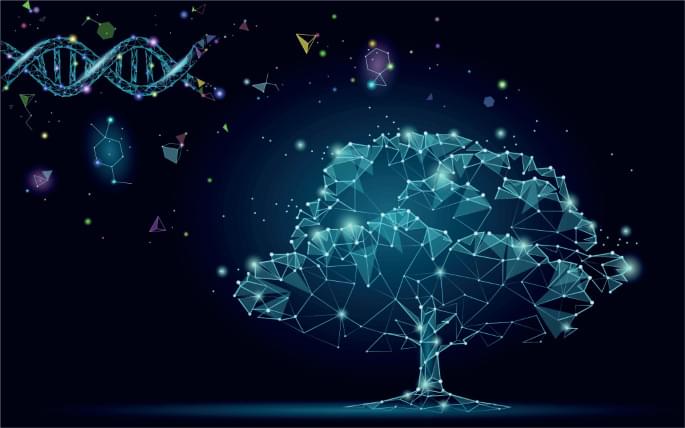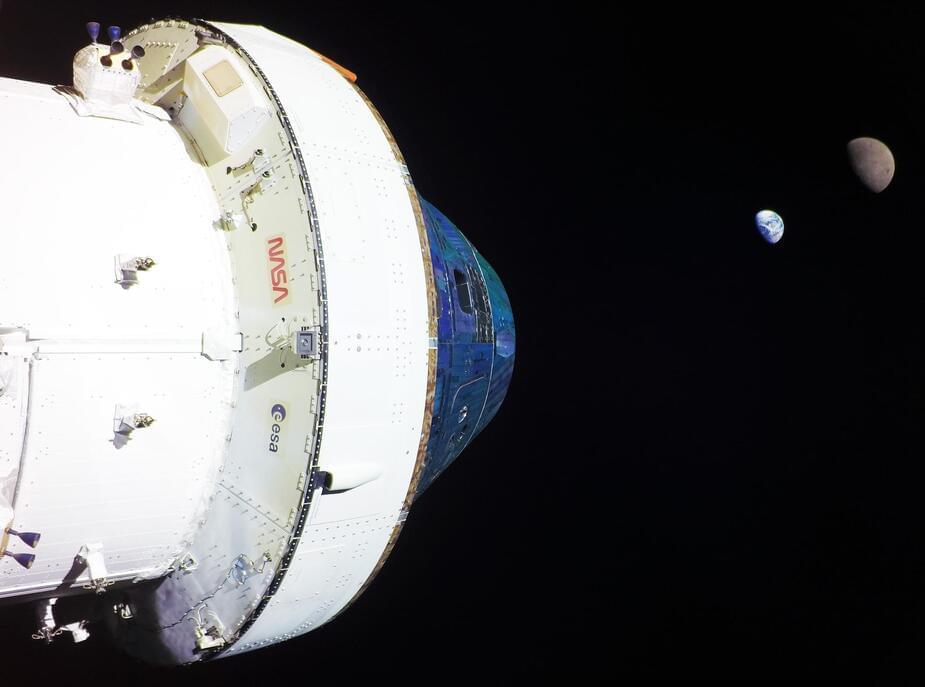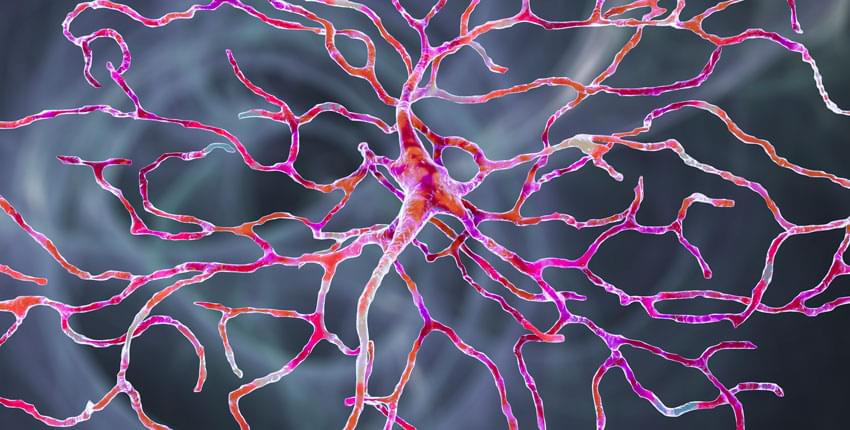Electrocatalysis expands the ability to generate industrially relevant chemicals locally and on-demand with intermittent renewable energy, thereby improving grid resiliency and reducing supply logistics. Herein, we report the feasibility of using molecular copper boron-imidazolate cages, BIF-29(Cu), to enable coupling between the electroreduction reaction of CO2 (CO2RR) with NO3– reduction (NO3RR) to produce urea with high selectivity of 68.5% and activity of 424 μA cm–2. Remarkably, BIF-29(Cu) is among the most selective systems for this multistep C–N coupling to-date, despite possessing isolated single-metal sites. The mechanism for C–N bond formation was probed with a combination of electrochemical analysis, in situ spectroscopy, and atomic-scale simulations. We found that NO3RR and CO2RR occur in tandem at separate copper sites with the most favorable C–N coupling pathway following the condensation between *CO and NH2OH to produce urea. This work highlights the utility of supramolecular metal–organic cages with atomically discrete active sites to enable highly efficient coupling reactions.
